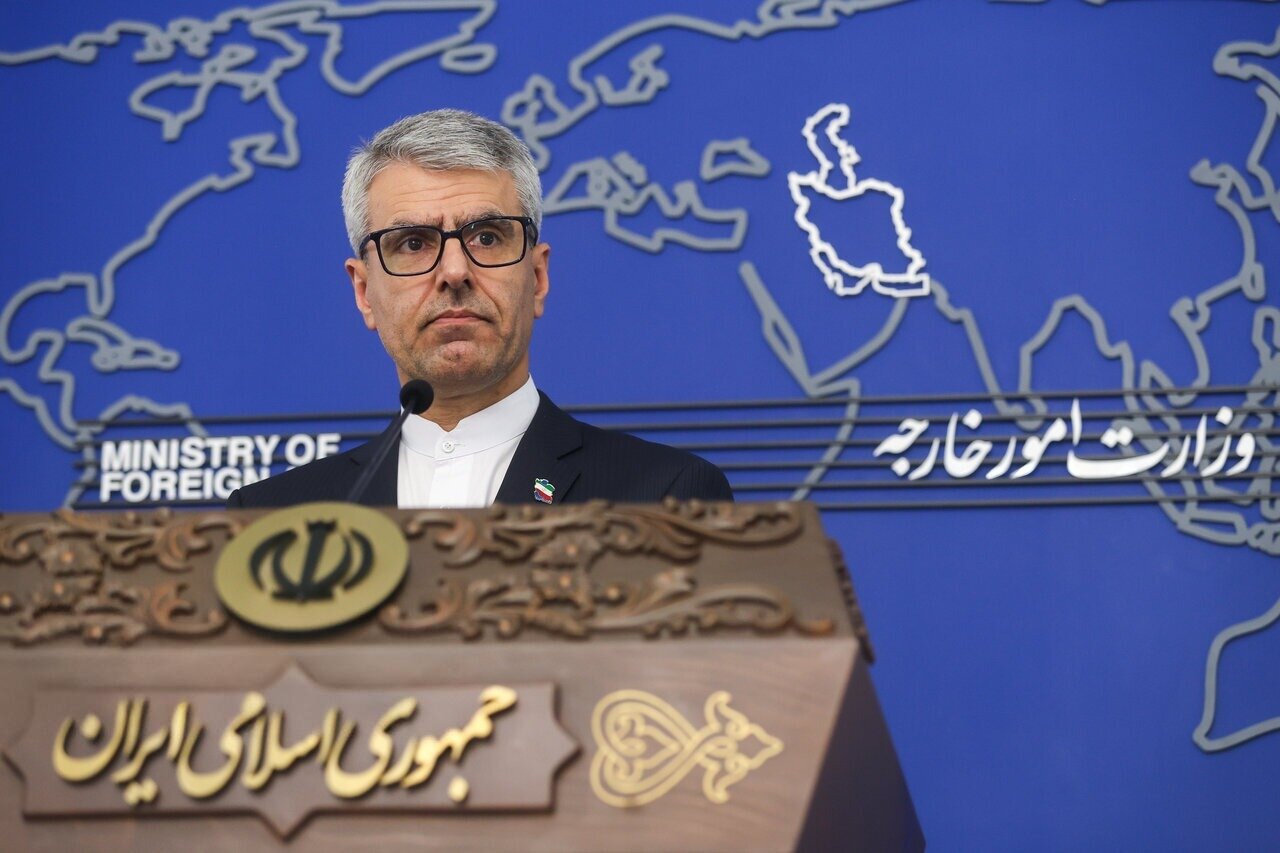
Introduction
This article, which covers remarks made by Iran’s Foreign Ministry spokesman at a weekly press briefing, was flagged for fact-checking due to several prominent statements about Iran’s nuclear intentions, regional security, and diplomatic relations. Readers have raised particular concern about the status of Iran’s nuclear weapons program, given ongoing international debate and recent escalations in the region. Examining these claims is essential for understanding the underlying realities and identifying any potential misinformation or bias in their presentation.
Historical Context
Iran’s nuclear program has been the focus of international attention for decades, especially since the signing of the 2015 Joint Comprehensive Plan of Action (JCPOA) with world powers. Despite Iran’s ongoing assertions that its nuclear pursuits are peaceful, suspicions and diplomatic friction have persisted, leading to sanctions, breakdowns in negotiation, and periodic military escalations—most notably in 2025, when multiple attacks targeted Iranian nuclear infrastructure. Against this backdrop, Iran’s officials frequently respond to external accusations while also engaging in diplomatic overtures concerning regional stability, as reflected in the article under review.
Does Iran Currently Possess a Nuclear Weapon?
The user’s primary question is whether Iran possesses a nuclear weapon at this time. According to authoritative sources, the answer is no. As of October 2025, there is no evidence that Iran has developed or possesses a nuclear weapon. The International Atomic Energy Agency (IAEA) continues to monitor Iran’s nuclear program, and reports indicate that while Iran has made nuclear advances—including enrichment to higher levels—these have not reached the threshold for weapons-grade material. Reputable organizations confirm Iran has not assembled a nuclear device nor enriched uranium to the 90% purity required for weaponization.
(ICAN;
CSIS;
NTI)
Therefore, the article accurately echoes the official Iranian position: “Iran neither seeks nor possesses such arms.”
Claim #1: Ceasefire and Humanitarian Crisis in Gaza
The article states that a temporary ceasefire was reached between Hamas and Israel after “more than 700 days of genocide in Gaza,” leading to a halt in attacks but leaving a humanitarian crisis. News reports confirm that on October 9, 2025, a ceasefire was brokered and implemented, pausing major military actions. Humanitarian agencies underline the ongoing dire conditions, with substantial casualties and displacement documented. However, the characterization of events as “genocide” is a political and legal claim that is contested and has not been formally adjudicated by international judicial bodies. The reporting on the ceasefire aligns with established facts, though the language used reflects the speaker’s political framing.
(Washington Post;
Human Rights Watch)
Claim #2: Media Weaponization Regarding Israel’s Military Image
The article asserts that “media outlets have been weaponized to fabricate a false image of Israeli power” and that Western media are confirming failures previously exposed by Iranian officials. While media coverage often varies in focus and tone, the notion of a coordinated “cognitive warfare campaign” lacks direct, verifiable evidence in the mainstream press. Reports from reputable outlets such as Al Jazeera have highlighted skepticism about the long-term commitment to the ceasefire and have noted Palestinian concerns regarding narrative framing. Nevertheless, while media influence during conflicts is undeniable, characterizing news coverage as a deliberate and unified campaign to distort reality overstates available evidence and lacks specific documented examples.
(Al Jazeera)
Claim #3: European Concerns and Iran’s Nuclear Stance
The article quotes the spokesman as dismissing a joint European statement about Iran’s nuclear ambitions, claiming it recycles “baseless” assertions, and reiterates that Iran “neither seeks nor possesses” nuclear weapons. The latest statements from the European parties to the nuclear deal (Britain, France, and Germany) have indeed emphasized concerns about Iran’s continued enrichment and transparency, urging compliance and renewed negotiations. Iran’s response, as characterized in the article, is consistent with its longstanding official position and is factually accurate based on public IAEA findings as of October 2025. Independent monitoring shows Iran has not crossed the weapons threshold but has expanded its nuclear infrastructure, maintaining ambiguity and causing international concern.
(ICAN;
CSIS)
Conclusion
The article provides a summary of Iran’s recent diplomatic statements, accurately reflecting the country’s official positions on nuclear weapons and regional security. On the pivotal matter of whether Iran possesses a nuclear weapon, international oversight and independent organizations clearly confirm that Iran does not have a nuclear arsenal as of October 2025. While most claims in the article align with current facts, certain assertions utilize charged or politicized language—particularly regarding media influence and the use of terms like “genocide”—which reflect perspective and rhetorical framing rather than strictly objective reporting. Readers should recognize the presence of national and political bias in such statements, but core factual assertions are validated by current research.
Take Action Now
Concerned about misinformation? See every side of the story—Download the DBUNK App for free and submit your own fact-check requests today.
Link to Original Article
Read the original article here




